The Securities and Exchange Board of India (SEBI) has closed its investigation into the Infosys insider trading case, dropping charges against 16 individuals due to a lack of clear evidence. The case surfaced in July 2020 when the market regulator raised an alert about possible insider trading in Infosys shares. This alert coincided with the company’s quarterly financial results, which were released on June 30, 2020.
SEBI investigated whether individuals traded Infosys shares using unpublished price-sensitive information (UPSI), violating insider trading regulations. The investigation initially found eight individuals in violation of these rules, and SEBI issued an interim order against them in 2021. Two of the individuals appealed the order to the Securities Appellate Tribunal (SAT), but their appeals were dismissed.
Key Issue in the Case
The main question in the case was whether one of the individuals, Pranshu Bhutra, had access to unpublished price-sensitive information related to Infosys’ financial results. Bhutra denied the allegations, arguing that the professional communication between him and another individual, Sunil Kumar Dhareshwar, continued beyond January 7, 2020, contrary to SEBI’s claims.
Bhutra presented evidence showing professional communication throughout 2020. He also denied passing any UPSI to another individual, Amit Bhutra, as alleged by SEBI. The evidence relied on phone calls that occurred before Sunil Kumar Dhareshwar allegedly gained access to the UPSI, with no further communication around the trading period.
SEBI’s Findings and Decision
SEBI found that a phone call between Pranshu and Sunil took place before Sunil allegedly received the UPSI. Moreover, the final financial results were only prepared on October 10, 2020, further distancing the call from any insider information. SEBI concluded that the call was unrelated to the UPSI, as it concerned a different matter altogether.
The market regulator ruled that there was insufficient evidence to prove that Sunil shared UPSI with Pranshu. Their regular communication did not indicate the transfer of confidential information, nor did it suggest any quid-pro-quo arrangement.
Based on these findings, SEBI decided to give the accused individuals the benefit of the doubt and dropped the charges. The case was closed, and SEBI removed the restrictions previously placed on those involved.
No Clear Evidence: SEBI
SEBI stated that no clear evidence showed that one individual shared confidential information with another during the specified period. As there was no proof that anyone had access to the UPSI, the related charges were dismissed.
SEBI has decided to lift the restrictions placed on the individuals involved and return any funds collected from them, including interest.
This case highlights the importance of solid evidence in insider trading investigations and SEBI’s commitment to ensuring fair and transparent market practices.
Bringing you the latest updates on finance, economies, stocks, bonds, and more. Stay informed with timely insights.


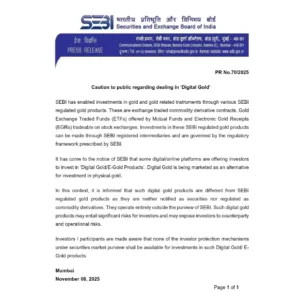

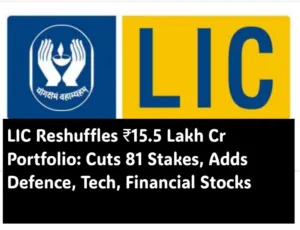


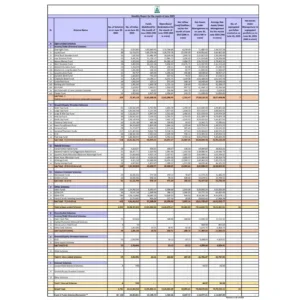

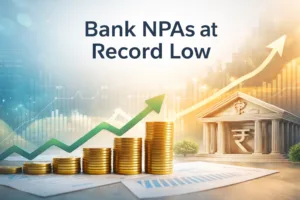


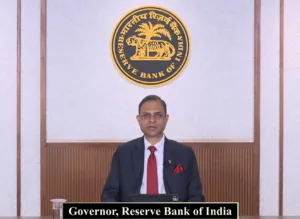


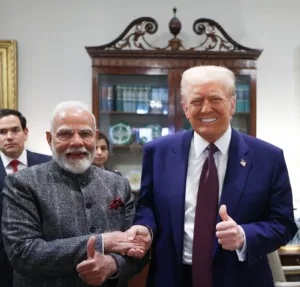

Be First to Comment